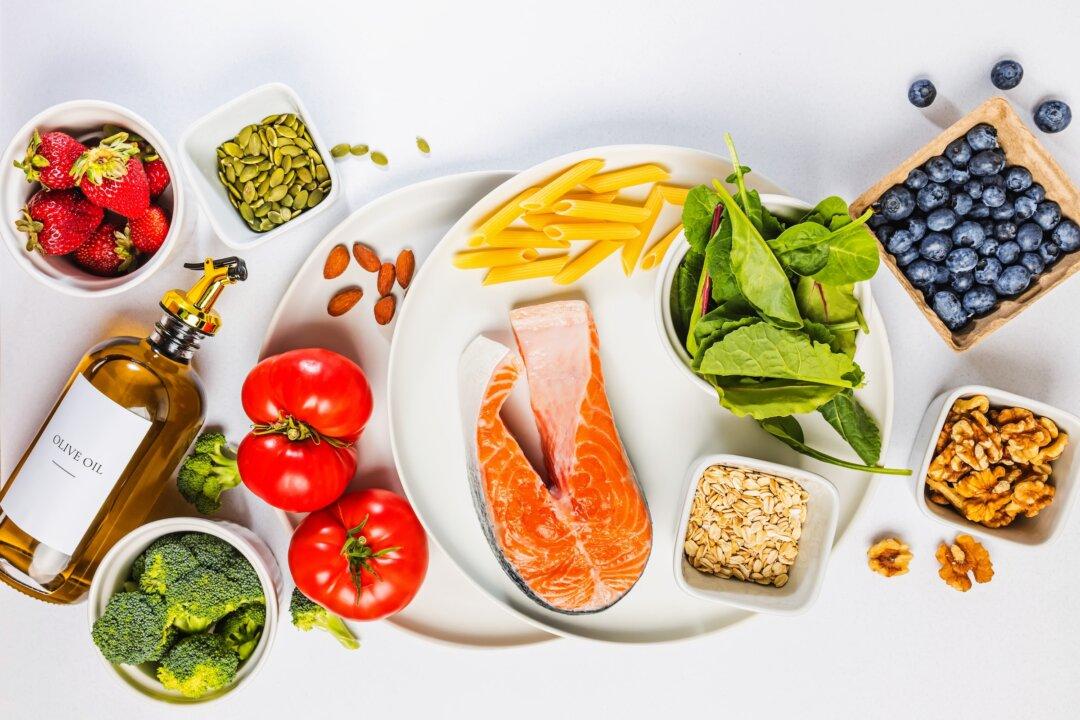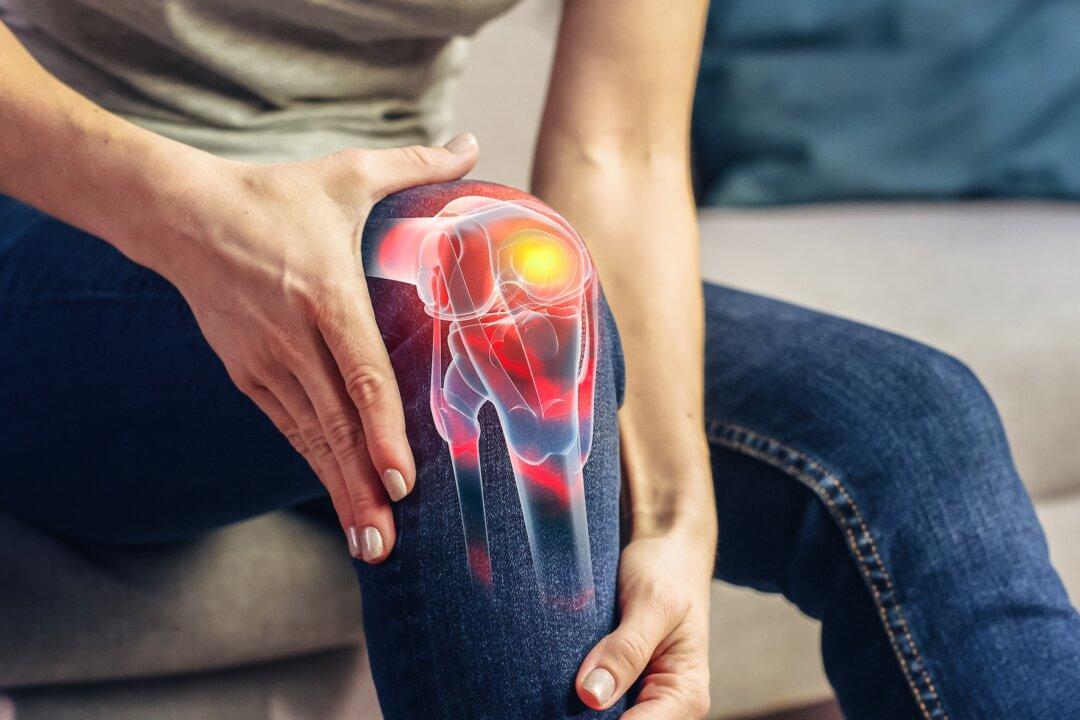Put the beans in a large pot and cover them with water. Bring them to a boil and take them off the heat. This breaks the capsules surrounding the beans and allows stachyose, verbascose and raffinose, the gas-causing sugars, to escape into the water. Stir about half a teaspoon of baking soda into the soaking water (to make it more alkaline) and let the beans soak overnight.
Sports medicine doctor, fitness guru and long-time radio host Gabe Mirkin, M.D. brings you news and tips for your healthful lifestyle. A practicing physician for more than 50 years and a radio talk show host for 25 years, Dr. Mirkin is a graduate of Harvard University and Baylor University College of Medicine. He is one of a very few doctors board-certified in four specialties: Sports Medicine, Allergy and Immunology, Pediatrics and Pediatric Immunology.
Author’s Selected Articles





